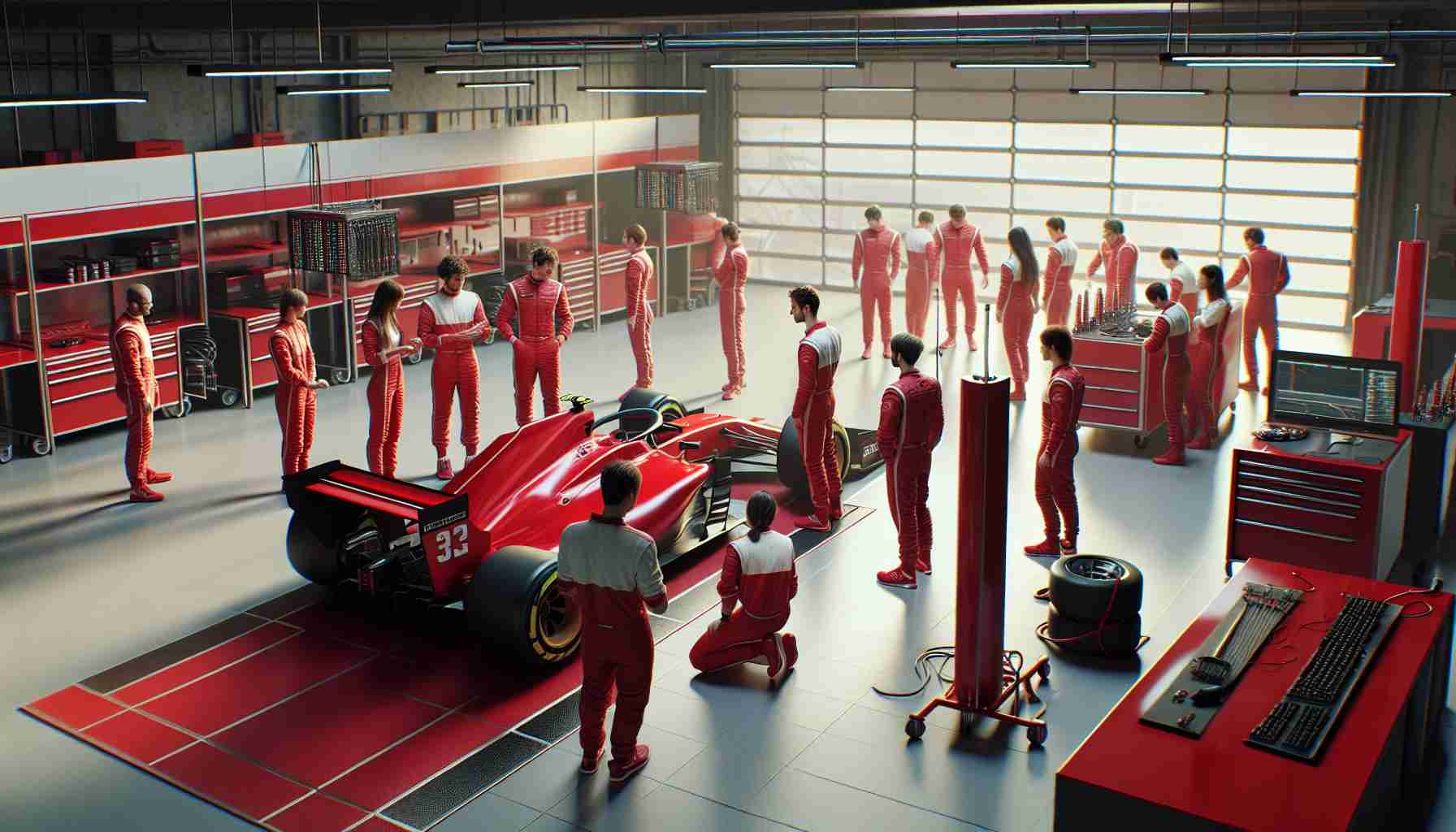Red Bull Racing Unveils Exciting Driver Lineup for 2025
Recently, Red Bull Racing announced major changes that have sent waves through the Formula 1 community. In a surprising twist, the team has decided to replace Sergio Pérez with Liam Lawson, who will partner with reigning champion Max Verstappen. This decision also marks a decisive shift in Red Bull’s approach to its driver placements for the upcoming 2025 season.
Yuki Tsunoda, who has been with the sister team AlphaTauri since 2021, is set to return for a fifth season. His previous performances fueled hopes that he might step into the prominent role vacated by Pérez. Tsunoda delivered his strongest season yet, finishing 12th in the championship, and he made a strong case to Red Bull management through his impressive testing sessions.
Tsunoda, at 24 years old, will now lead the Racing Bulls team, facing a new challenge with rookie Isack Hadjar as his teammate. Hadjar, whose incredible journey began in Formula 3, culminates in his dream debut in Formula 1 after becoming a prominent figure in Formula 2.
Just this week, Hadjar celebrated receiving the prestigious Volant d’Or award in his hometown of Paris, further symbolizing his rise in motorsport. With this move, Red Bull aims to foster fresh talent and strengthen its commitment to developing racing drivers, with Hadjar ensuring France’s representation alongside established stars Pierre Gasly and Esteban Ocon in 2025.
Revolutionary Changes in Red Bull Racing’s 2025 Driver Lineup: What You Need to Know
Red Bull Racing’s Bold New Direction
In an unprecedented announcement, Red Bull Racing has made significant changes to its driver lineup for the 2025 Formula 1 season, stirring excitement and speculation among fans and analysts alike. The team’s decision to replace Sergio Pérez with the up-and-coming Liam Lawson marks a strategic pivot in their competitive strategy, as they look to build on their dominant performance in recent years.
Key Features of the New Lineup
– Max Verstappen: Reigning champion Max Verstappen will continue his partnership with Red Bull Racing, carrying forward his 2024 success and aiming for another championship title.
– Liam Lawson: The young and talented Lawson is making a significant leap from reserve driver to full-time racer, proving his worth through solid performances in less prominent ranks leading up to this opportunity.
– Yuki Tsunoda: After a promising season with AlphaTauri, Tsunoda has been promoted to lead driver for Red Bull Racing, showcasing a journey marked by growth and resilience.
– Isack Hadjar: The 18-year-old rookie from France has made headlines for his rapid ascent through the ranks, culminating in his Formula 1 debut. His recent accolade, the Volant d’Or award, highlights his exceptional talent and potential.
Pros and Cons of the New Driver Partnerships
Pros
– Innovation: Emphasizing fresh talent over experienced drivers can rejuvenate team dynamics.
– Youth and Energy: The combination of experienced drivers like Verstappen and Tsunoda with newcomers Lawson and Hadjar promises dynamic racing performance and adaptability.
– Talent Development: These choices reflect Red Bull Racing’s commitment to nurturing young drivers, maintaining its status as a leader in driver development.
Cons
– Inexperience: Introducing rookies might pose risks, as they need time to adapt to the high-pressure environment of Formula 1.
– Team Chemistry: Changes in the lineup can disrupt established relationships and strategies within the team.
Market Analysis and Trends
The current trend in Formula 1 towards a younger driver lineup reflects a broader shift in the sport, where teams are increasingly willing to invest in new talent rather than relying solely on experienced drivers. This approach not only enhances competitiveness but also aligns with fan interests in fresh faces and exciting racing styles. Red Bull’s strategy could signal a long-term change in team compositions across the grid.
Future Predictions
As we approach the 2025 season, observers predict that these changes could lead to a new competitive landscape in Formula 1. The rise of young talents like Lawson and Hadjar may invigorate the sport, paving the way for innovative racing strategies and fan engagement.
Conclusion
Red Bull Racing’s bold decisions for the 2025 season reflect a significant shift towards youth and innovation in Formula 1. As the team gears up for a new era, the racing community watches closely to see how these changes impact their performance on the track. For more insights on Formula 1 trends and team strategies, visit Red Bull.
